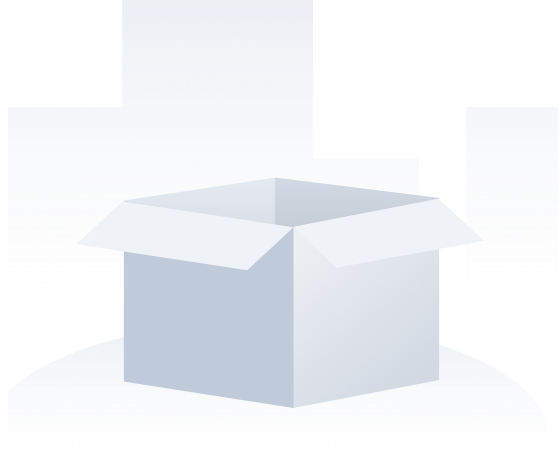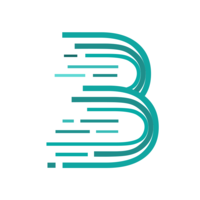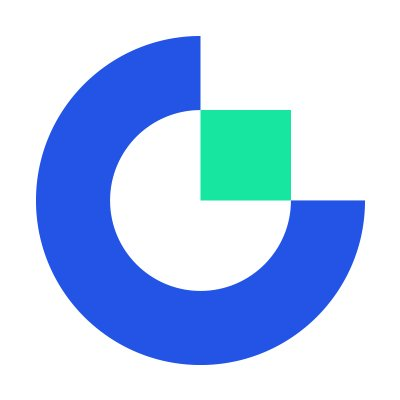
TRIAS
项目开始时间

2021年4月5日
关于
Background IntroductionTRIAS (Trustworthy and Reliable Intelligent Autonomous Systems) is a blockchain project focused on building a trust-worthy computing platform for enterprise-level applications. It aims to create a three-layer architecture combining trusted hardware, consensus algorithms, and smart contracts to support large-scale commercial DApps. The project positions itself as a "blockchain of blockchains" solution, targeting industries like finance, IoT, and cloud computing.Website Core ContentThe official website features a futuristic blue-themed design with key sections: Homepage (showcasing TRIAS vision and ecosystem), Technology (detailed whitepaper and architecture diagrams), Ecosystem (partners and use cases), and Developer Resources. Interactive elements include a live node map and TPS benchmark comparison tool. The Roadmap section visually presents development milestones from 2018 to 2025.Technical FeaturesTRIAS implements a three-layer trust architecture: 1) -Leviatom (trusted execution environment), 2) -Prometh (consensus layer with DAG structure), and 3) -MagCarta (smart contract platform). Key innovations include TEE-BFT hybrid consensus achieving 50,000+ TPS, homomorphic encryption for privacy computing, and cross-chain interoperability protocol supporting Ethereum/Polkadot. The platform provides SDKs for Java/Python with enterprise-grade SLA guarantees.Token EconomicsTRIAS token (TRY) has a total supply of 10 million with current circulating supply at 3.2 million. Allocation includes 40% ecosystem development, 25% team (4-year vesting), and 15% private sale. Unique mechanisms: computing power staking (nodes earn 7-15% APY), gas fee burning (30% of transaction fees), and governance voting (1 TRY = 1 vote). The token serves as payment for trusted computing resources across the network.Similar Competitor ComparisonCompared to Dfinity, TRIAS offers better compatibility with existing enterprise systems; versus Oasis Network, it provides stronger hardware-level security through TEE integration. While Chainlink focuses on oracles, TRIAS delivers full-stack trusted computing. Key differentiators include hybrid consensus mechanism and industry-specific adapters for finance/manufacturing sectors. Performance benchmarks show 10x faster execution than Hyperledger Fabric in IoT use cases.Risks and ChallengesMajor risks include: 1) Enterprise adoption barriers due to complex architecture; 2) TEE hardware dependency (Intel SGX vulnerabilities); 3) Regulatory uncertainty around trusted computing services; 4) Staking centralization (top 10 nodes control 45% power); 5) Competition from cloud providers (AWS/Azure blockchain services). Audit reports flag medium-risk issues in cross-chain bridge implementation requiring monitoring.Industry FutureThe roadmap outlines: 2023Q4 launch of confidential computing marketplace; 2024Q1 integration with Kubernetes for cloud-native deployments; 2025 quantum-resistant cryptography implementation. Strategic focus areas include bank-grade security modules and AI model verification services. Partnerships with Huawei Cloud and Siemens indicate strong industrial adoption potential.ConclusionTRIAS presents a technically sophisticated solution for trusted enterprise blockchain applications, with its unique three-layer architecture and hardware-software co-design. The project demonstrates credible progress in performance benchmarks and industry partnerships. However, challenges remain in simplifying deployment for non-technical enterprises and maintaining decentralization as node requirements grow. Its success will depend on executing the cloud integration strategy while navigating the evolving regulatory landscape for trusted computing technologies. 更多>




























 看多
看多
 看空
看空